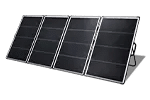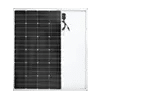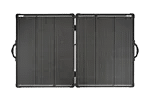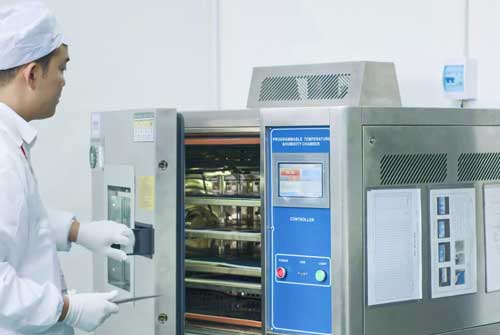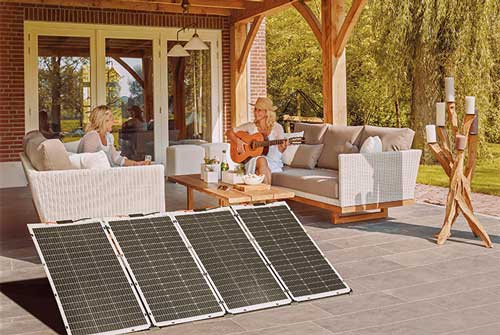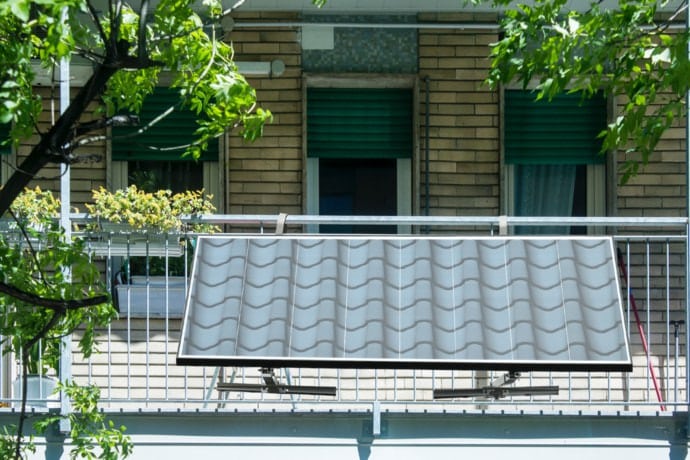As the world grapples with the effects of climate change, the need for sustainable solutions has become more pressing than ever. Renewable energy, especially solar power, has emerged as a critical player in the fight against climate change.
Solar power provides clean, reliable, and low-cost energy to homes, businesses, and vehicles. The widespread adoption of residential solar energy systems has drastically reduced the carbon footprint of millions of households across the globe.
Most people may know solar energy, but there are many fascinating and surprising facts that you may not be aware of.
In this blog, we will share 10 incredible facts about residential solar power. These facts cover the latest technological advancements, as well as the economic and environmental impact of solar power. We hope that this article has impressed you and even sparked your interest in solar power.
1. Harnessing Solar Energy Has Enormous Potential to Sustainably Power the World
The solar energy that reaches the earth in one hour could support the entire planet with electricity for a year. This fact shows that solar energy has great potential for development and can be a sustainable source of energy in the future.
2. Solar Panels Can Still Generate Electricity on Cloudy Days
Many people think there is no need to invest in solar power in areas that do not get enough sunlight. In fact, solar panels can generate electricity even on cloudy days and work in a variety of climatic conditions. Dual-sided solar panel technology, which uses two photovoltaic panel faces to capture ambient light from the front and back, solar panels to generate electricity even on a cloudy day. So even if your area doesn’t get enough sunlight you can still take solar panels into consideration.

3. The Efficiency of Solar Panels Is Constantly Improving
Over the years, there has been a significant improvement in the efficiency of solar panels since their inception. In the 1950s, residential solar panels had an efficiency of around 10%, which has now doubled to over 20% with some residential PV panels boasting an efficiency rating of up to 24%.
The efficiency rating of a solar panel is a measure of how effectively it can convert the sun’s rays into electricity. The higher the efficiency rating, the more electricity a panel can generate from the same amount of sunlight With new and advanced technologies emerging in the solar industry, it is highly probable that the efficiency of residential solar panels will surpass the current highest level of around 24%.
4. Solar Energy Can Be Stored for Use
Solar technology allows us to store energy in batteries when the sun is not shining or when there is a power outage. When sunlight is available, we can use solar power systems to generate electricity.
But for those off-grid power generation systems, such as portable power stations, we are no longer limited to using solar energy only during the day. Solar cells can store the electricity generated during the day for use at night. And, in the event of a power outage, these batteries can also provide backup power.
5. Solar Panels Can Be Installed in Places Other Than the Roof
Floor mounts, wall mounts, and solar balcony systems are also common installation options. In addition, solar panels can be integrated into building materials such as windows, shingles, and exterior siding, which allows them to be integrated into the building, increasing energy efficiency while beautifying the building’s appearance.
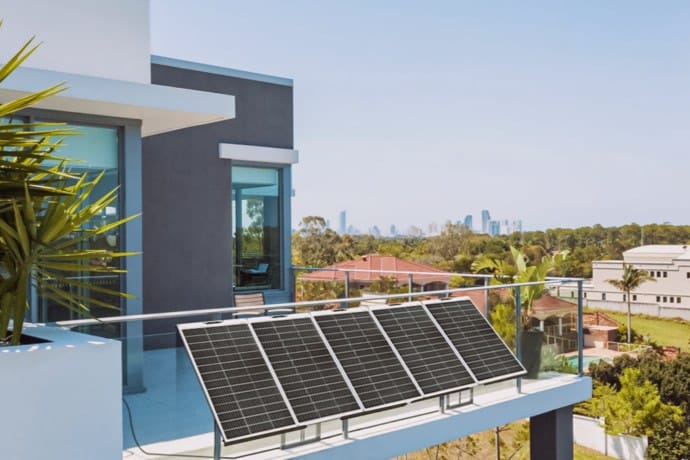
6. Solar Panels Are One of the More Rapid Ways to Build Energy
Compared to other off-grid or grid-connected energy production methods, such as wind turbines and fossil fuel generators, solar panels are relatively easy to install, but factors such as orientation and shading need to be taken into account when installing them to ensure the efficiency of the PV panels.
Fossil fuel generators not only have emission, noise, and safety restrictions but also have issues such as fuel dependency and price fluctuations. At the same time, wind turbines and fossil fuel generators are not exclusively off-grid energy production methods; they can also be connected to the grid for power supply.
When installing solar panels, the exact installation time may vary depending on factors such as size, site, and installation method, with relatively few instances of installation times of a few hours.
7. Short Average Solar Return on Investment for Solar Energy
As solar technology has evolved and costs have come down, the average payback period for residential solar systems has shortened to between five and ten years.
This means that homeowners can recoup their solar investment in less than a decade and receive substantially free electricity for decades to come. In addition, the use of solar systems can help reduce reliance on the traditional electricity network, thereby reducing energy costs and environmental impact.
8. Long Service Life of Solar Panels Solar Panels
Many solar panel manufacturers also offer a 25-year performance guarantee, which means they guarantee that the panels will not produce less than a certain level of electricity for 25 years. The durability of solar panels, even in harsh weather conditions, means that they can operate for long periods of time in most climates. Solar panels are a sustainable, cost-effective solution to residential electricity needs.
9. Low Maintenance Costs for Solar Panels
Compared to other energy systems, solar energy systems are relatively low-maintenance. Solar panels are often designed with strong, durable materials that can be used for long periods of time without requiring frequent maintenance. In addition, solar systems have no wearing parts, so they require less maintenance and fewer replacements. These benefits result in lower maintenance costs and longer life spans, making the total cost of solar systems more competitive than traditional energy systems in the long run.
10. Residential Solar Energy Increases the Resale Value of Homes
In the United States, the resale value of a home can increase by about $4 for every 1 watt of solar energy system installed. This means that the resale value of a home with a 5 kW solar system can increase by about $20,000. Residential solar systems add very significant value to a home.
Summary
The 10 incredible facts about residential solar energy presented in this article may not be comprehensive, but they can spark new thoughts about your home energy use and consider solar as a reliable option.
If you would like more advice on residential solar energy or have any projects you would like to learn about, just contact Sungold. We are a professional and leading solar panel manufacturer with 15 years of manufacturing experience. Join us and enjoy a low-carbon life.



